About 50 people in Angola have died after they participated in a witchcraft ceremony where they drank a “mysterious liquid.” According to police and local officials in the country, these victims were forced to drink herbal potions.
By drinking this liquid, they were supposed to prove they were not witches or sorcerers. Local officials have also stated these deaths all occurred in Camacupa, in central Angola, from January to February.
Officials Reveal Mass Deaths
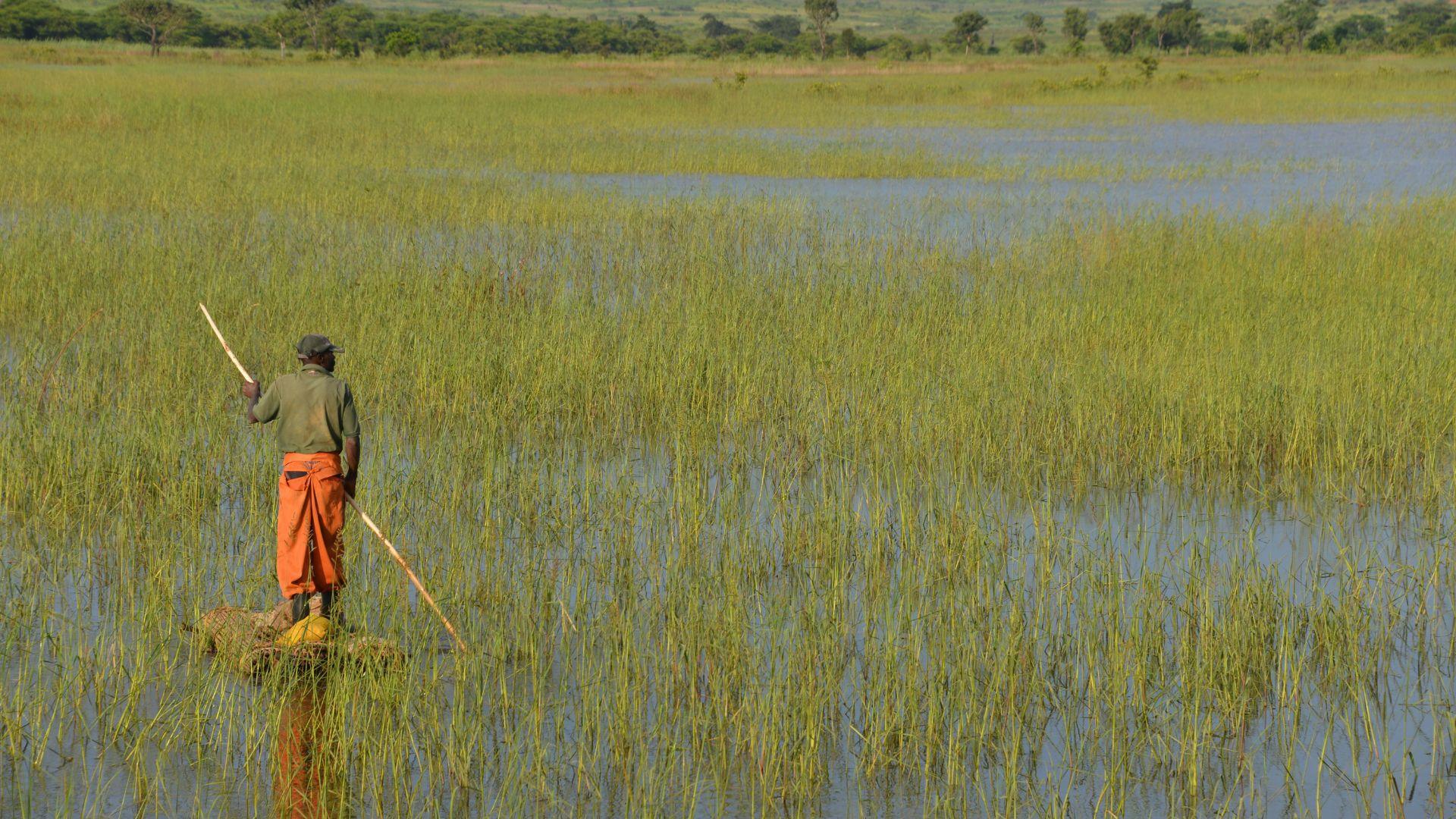
Luzia Filemone, a local councilor in Angola, spoke to Angola National Radio broadcaster about these mass deaths that occurred at the beginning of this year.
According to Filemone, these deaths only happened because traditional healers had created and then administered a mysterious, deadly drink. Often, in areas of Angola and elsewhere in other African nations, traditional healers are tasked with finding and eliminating alleged witchcraft practitioners.
More Than 50 Victims
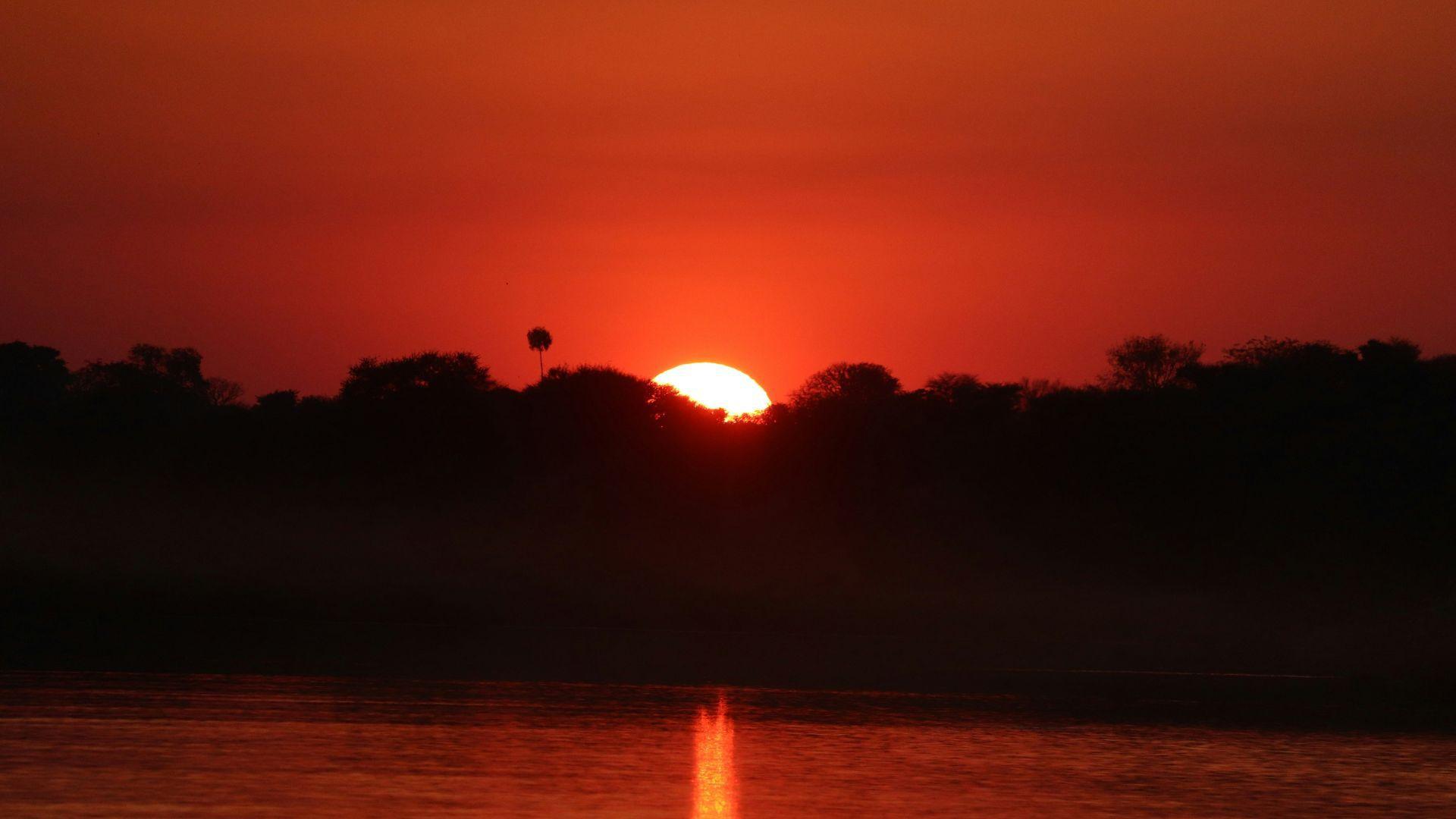
“More than 50 victims were forced to drink this mysterious liquid which, according to traditional healers, proves whether or not a person practices witchcraft,” Filemone explained.
Other officials have concurred with Filemone’s assessment, including local police. Police have said that 50 people have died, while more than 50 people ended up drinking this concoction.
A New Form of a Witch Hunt
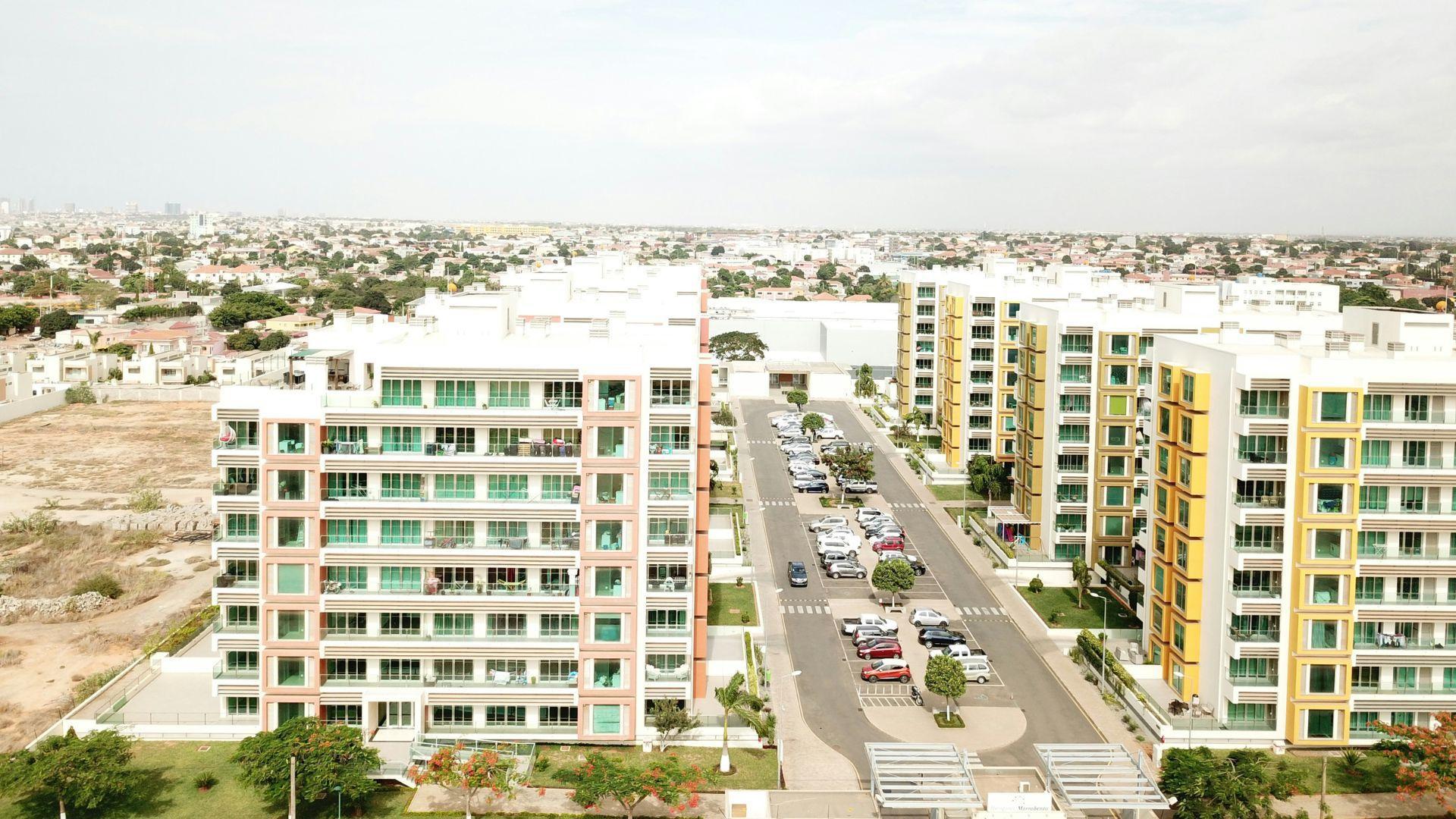
Traditional healers and community leaders around Angola have long forced regular people to drink poisonous beverages that can later lead to death. In this way, they are hunting out supposed witches in their community.
These rituals of forced drinking — which often results in death — are just the latest form of a witch hunt in the 21st century.
The Government Doesn’t Deal With Sorcery
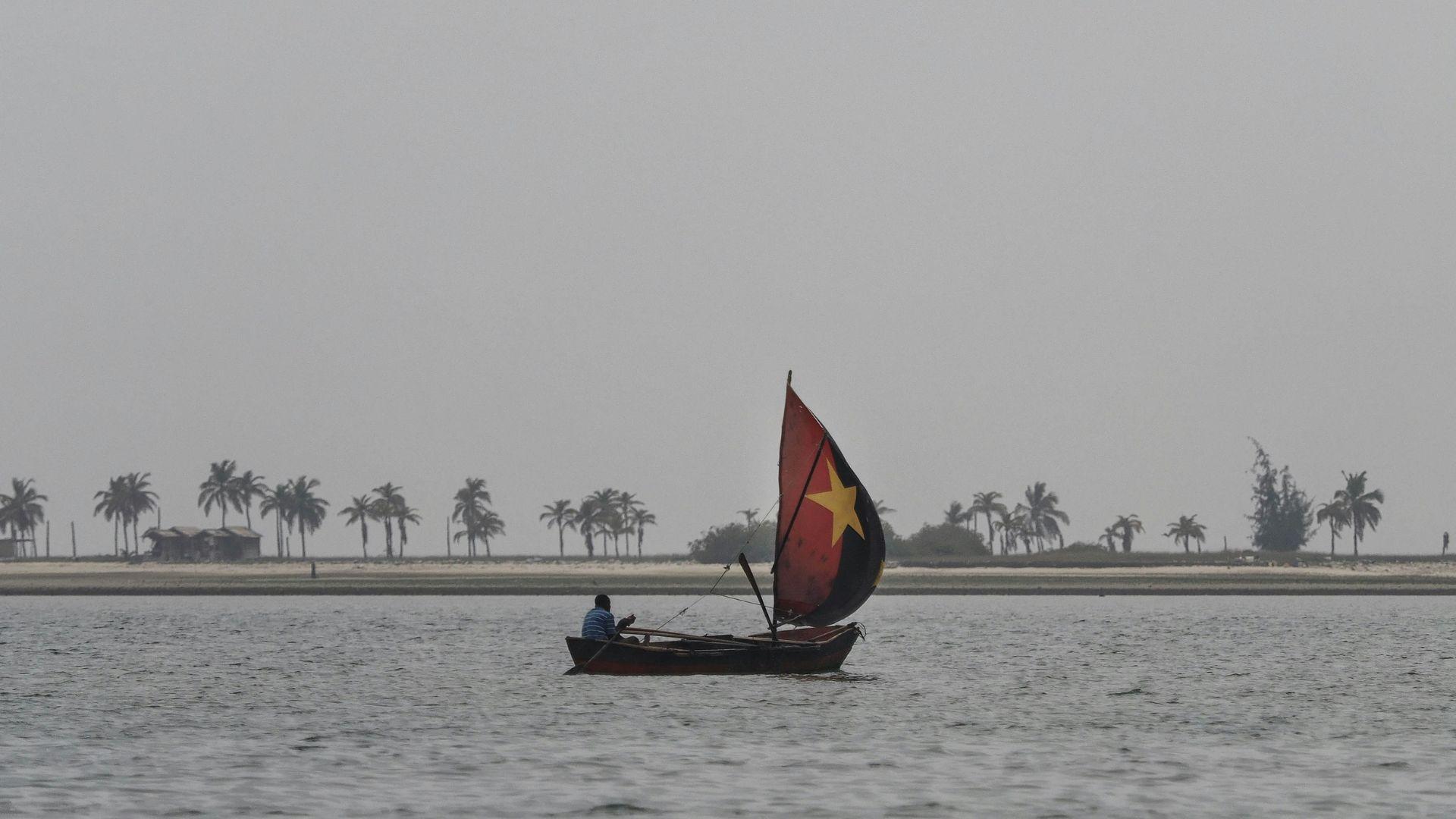
Many African governments, including the government of Angola, do not deal with accusations of sorcery. There are currently no laws against witchcraft in Angola.
However, many people, especially those who live in rural communities, still believe in witchcraft. This has led traditional healers, also called “marabouts,” to settle accusations of sorcery in local communities. Often, this settling of accounts can be deadly.
The Belief in Witchcraft
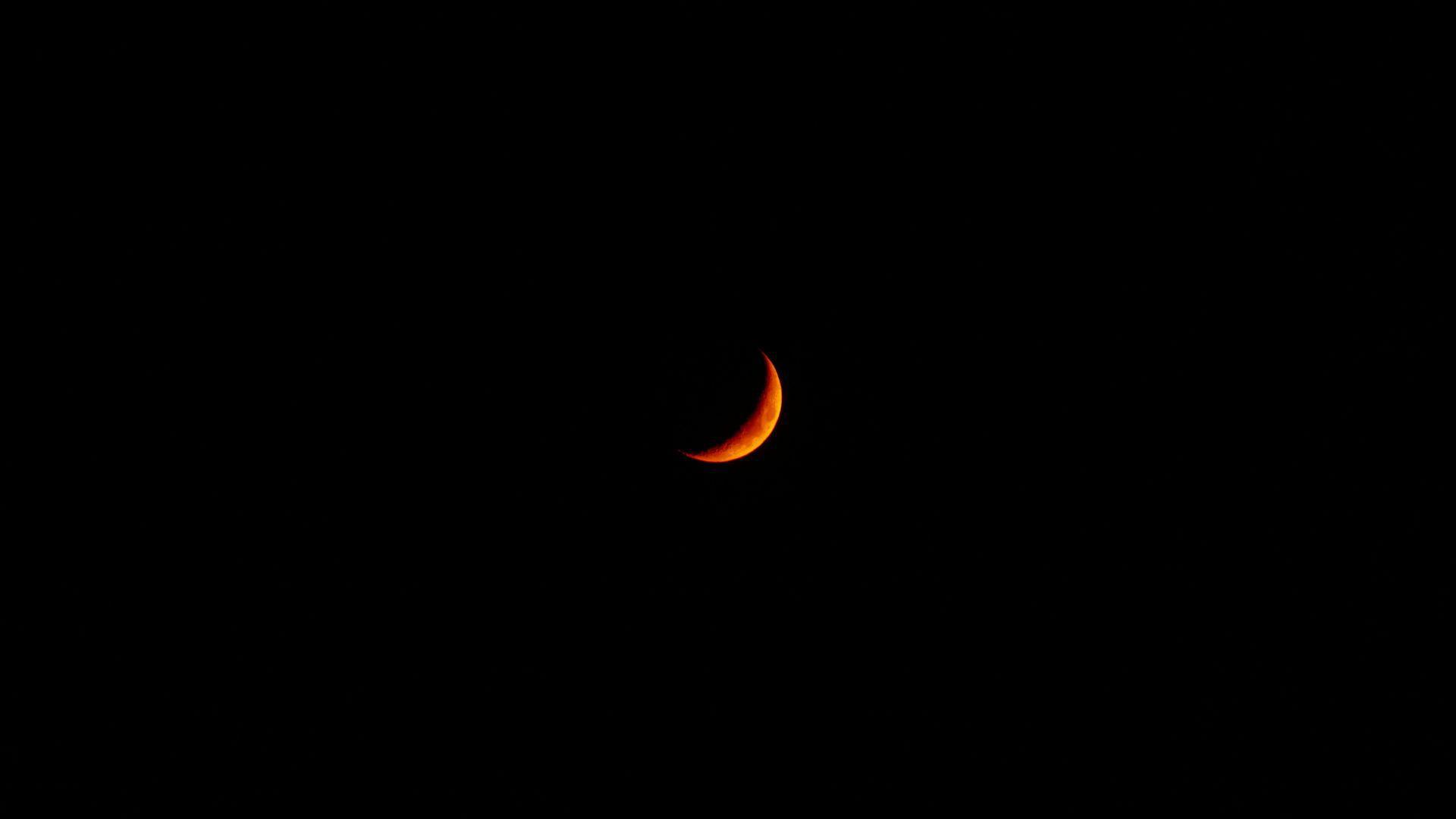
Sorcery is still believed in throughout many parts of Angola, even though much of the nation is predominantly Catholic. The Catholic Church opposes witchcraft, though this doesn’t stop many in some communities from believing in it.
“It’s a widespread practice to make people drink the supposed poison because of the belief in witchcraft,” Antonio Hossi, a provincial police spokesperson, explained of this ongoing problem.
The Catholic Church’s Response to Sorcery
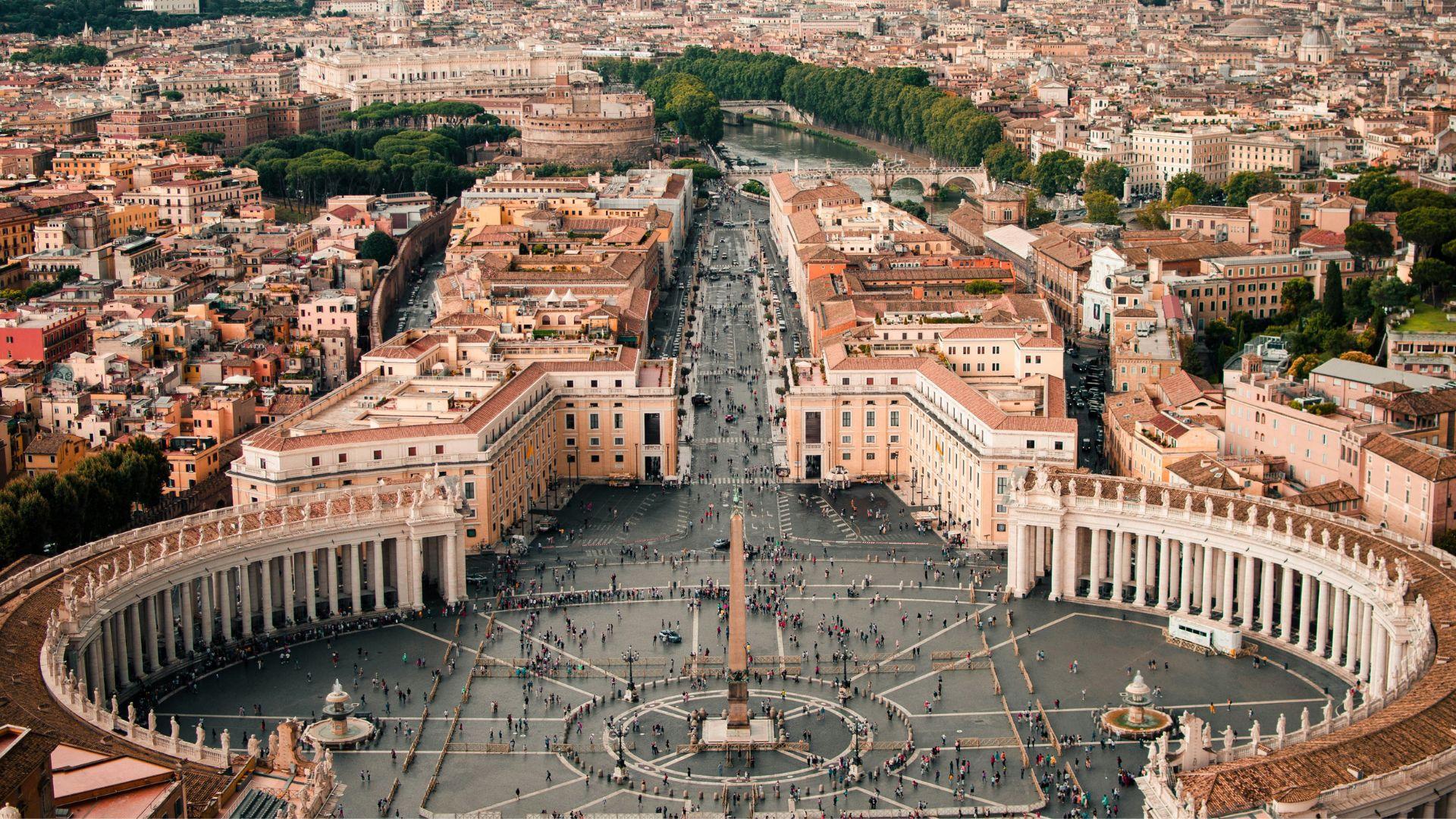
The Catholic Church, in its present day, does not believe in sorcery. Therefore, they do not seek out witchcraft or partake in witch trials.
The Church has been worried about the ongoing belief in witches in Angola for a few years now, especially as the Vatican believes that this belief can completely ruin many rural villages. Witchcraft can increase fear, which the Church doesn’t want.
The Creation of a Deadly Drink
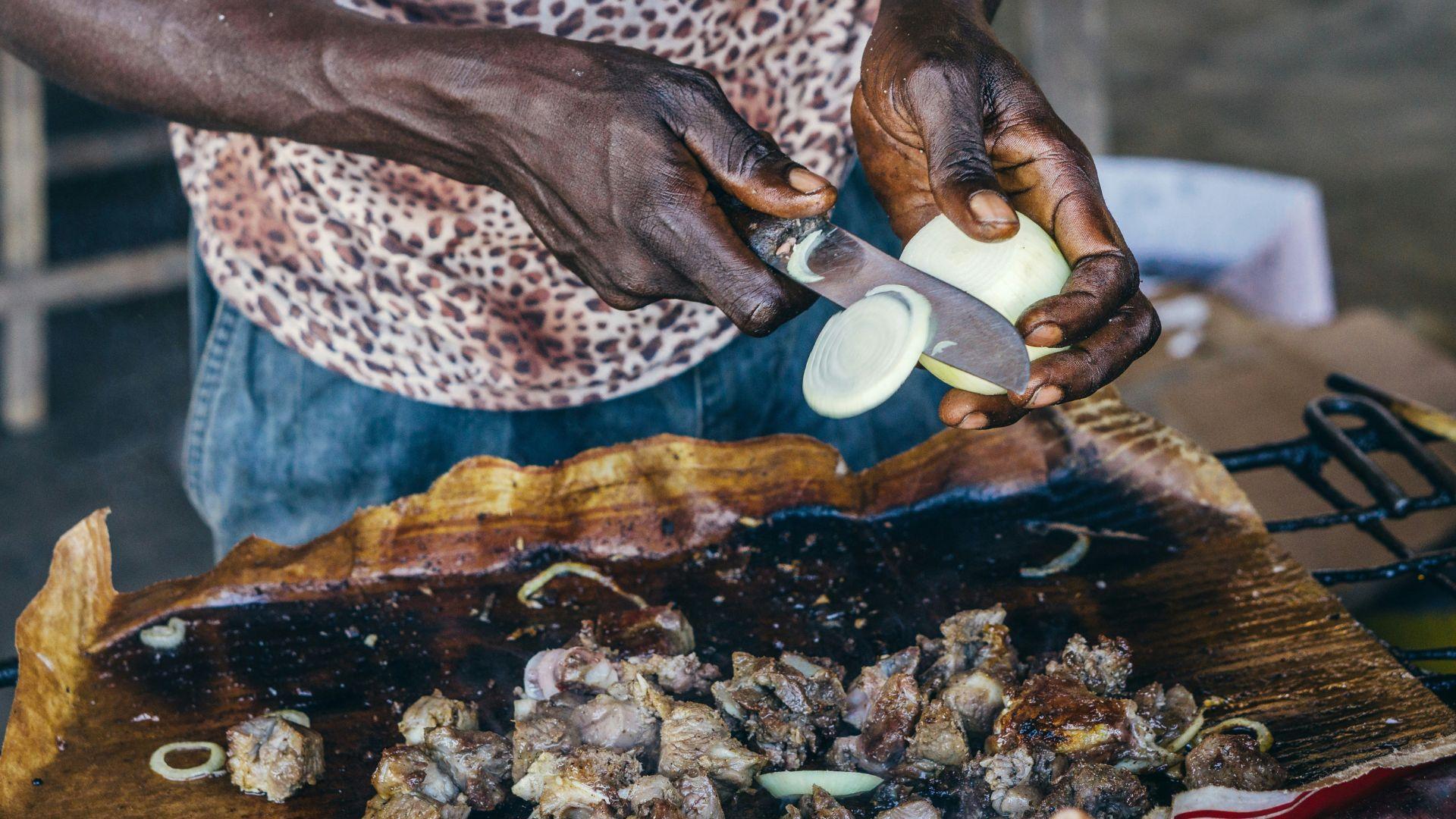
As fear can truly destroy villages in rural Angola — as seen in the more than 50 deaths this year — fear can also be blamed for the belief in otherworldly magic to begin with. Fear or challenges can cause some to look at others as if they are something other.
This then leads to accusations of witchcraft. The marabouts then come into the picture and force those accused into drinking “Mbulungo,” a toxic drink that often results in death. If the person does indeed die, then it is believed they are guilty of sorcery.
Why Belief in Magic Persists
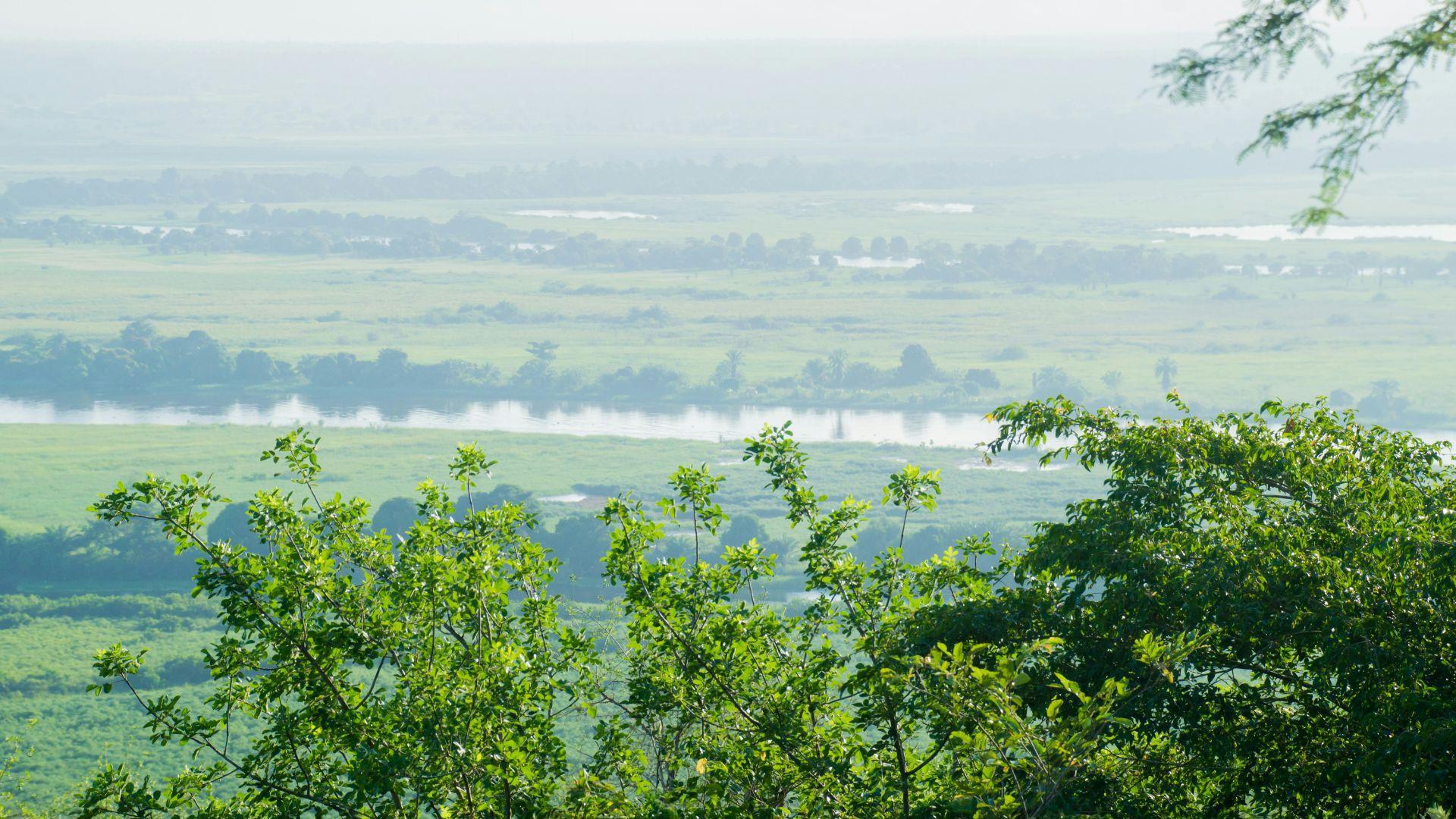
There are many reasons why some in Angola remain believers in magic. Often, this belief stems from fear over situations that they cannot control. These people then blame others for these unfortunate scenarios. Others may seek out sorcery to try to better themselves.
Bishop Firmino David of Sumbe Diocese in Angola explained last year that socio-economic challenges have made some “resort to the practice of witchcraft because they believe that with witchcraft, they can get what they want and thus free themselves from poverty and get everything they need to survive.”
An Increase in Witch Hunts
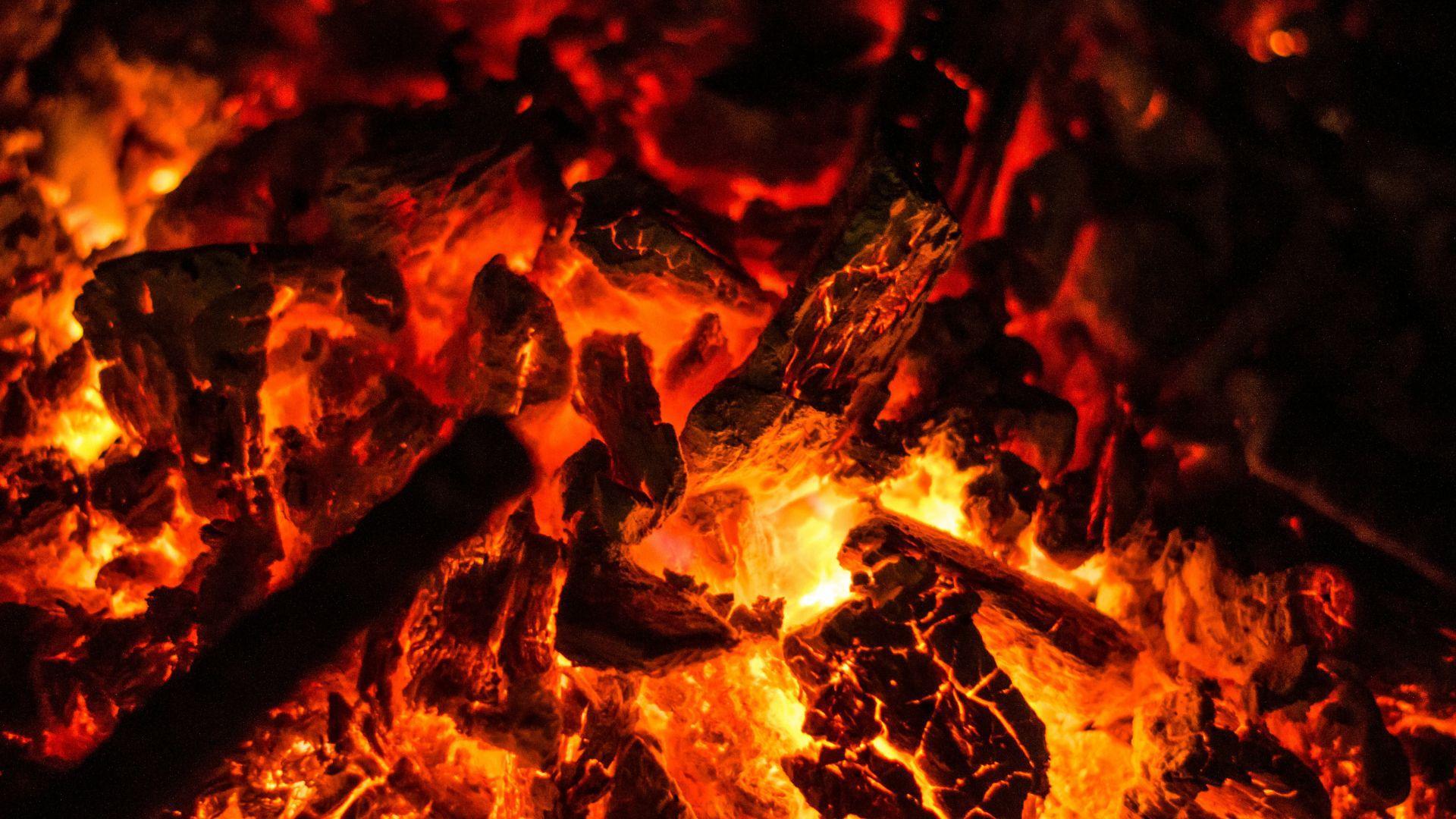
Though different forms of witch hunts have been seen in Angola and elsewhere in Africa, local sources are stating that a rise in these hunts seems to be occurring.
Hossi, when talking with the Angola National Radio broadcaster, stated that cases of deaths after drinking toxic concoctions were on the rise throughout the country.
An Increase in Accusations After the Pandemic
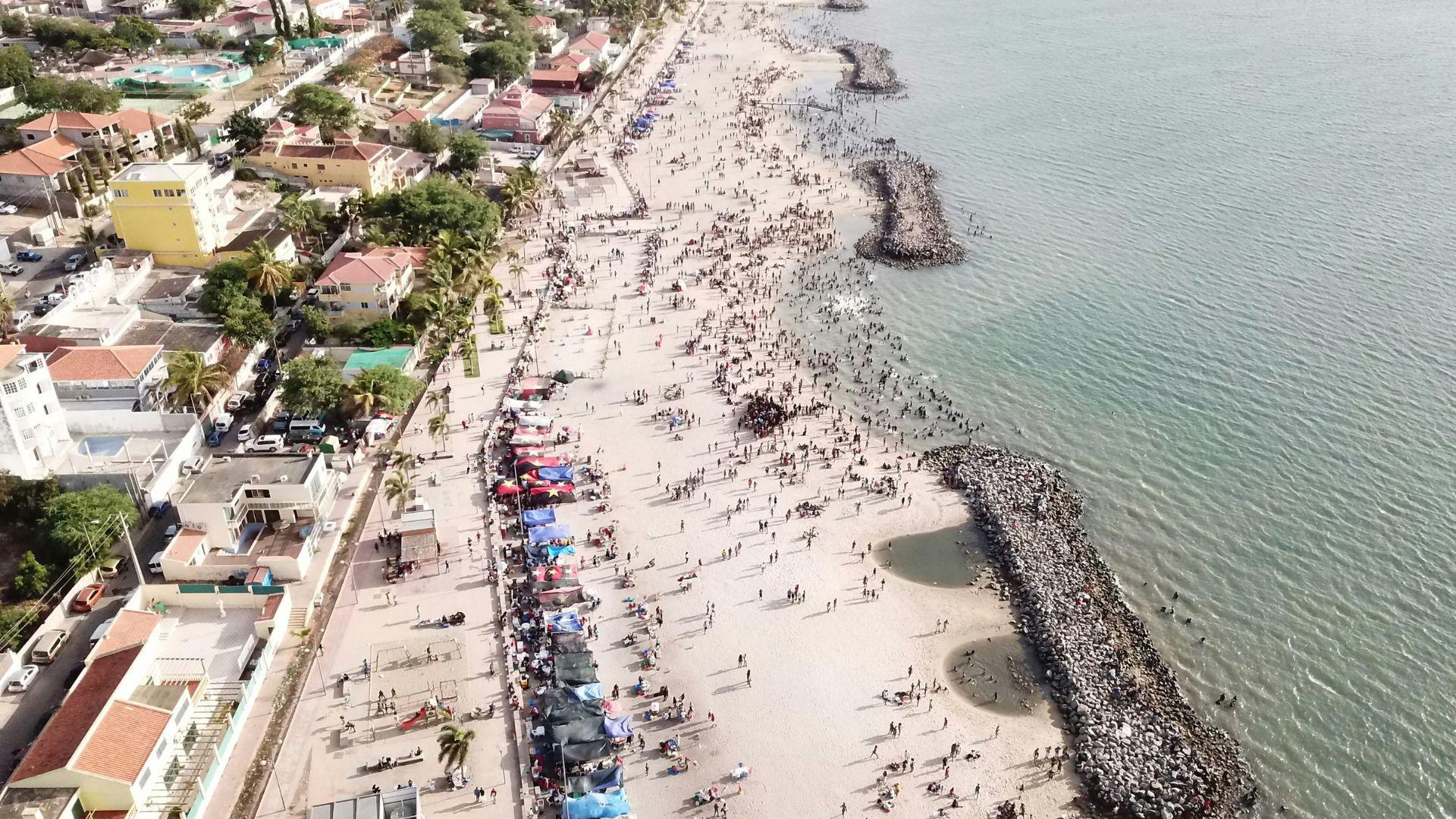
In 2022, as the COVID-19 pandemic was winding down, new reporting revealed that more accusations of witchcraft were occurring throughout various African nations.
For many, there was a hope that sorcerer accusations would eventually go away in the modern day, especially as the Catholic Church and many local leaders tried to curb this belief system. However, that hasn’t happened.
Children Are Said to Be Witches
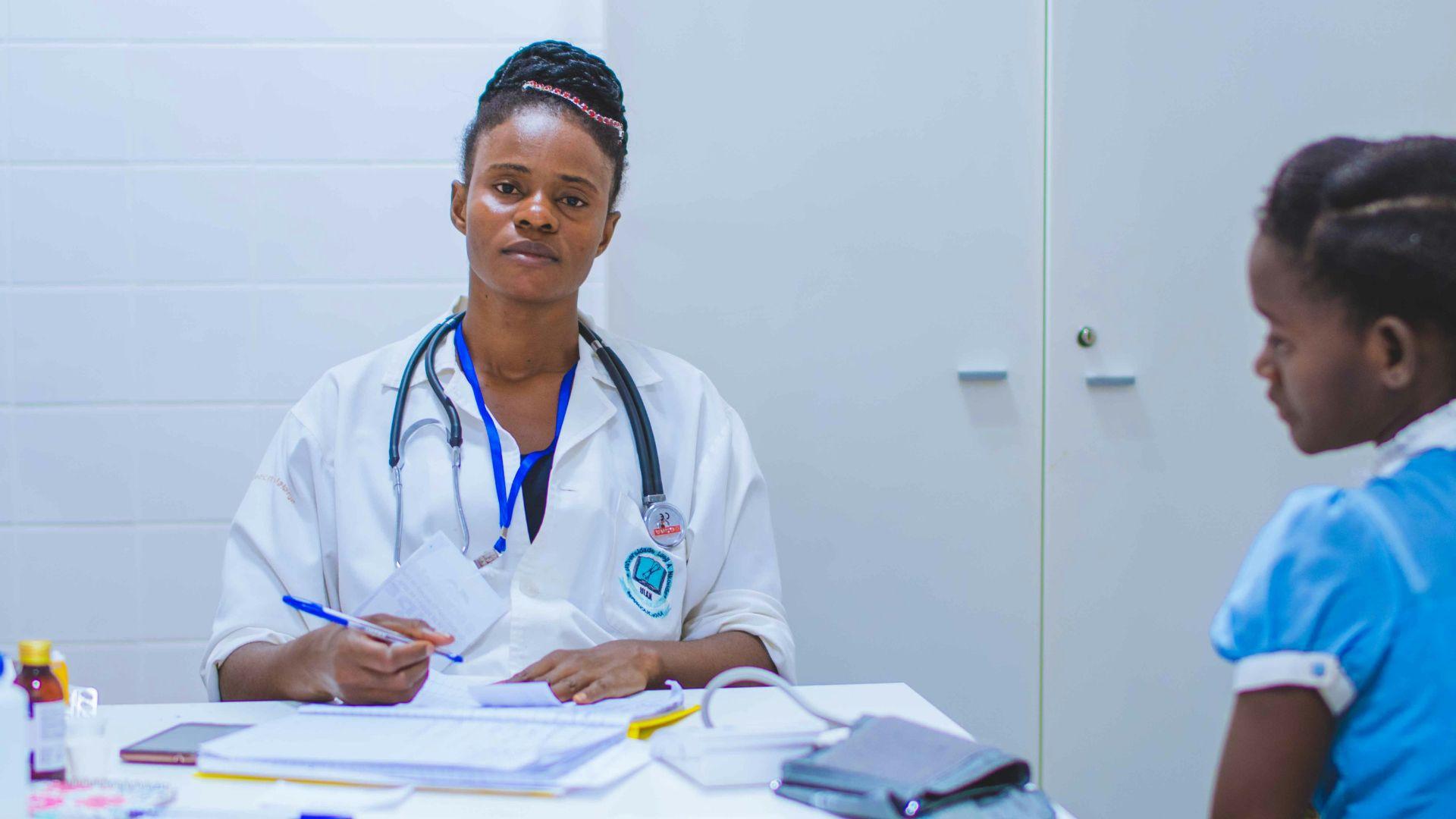
In many of these countries, children are often accused of being witches. This then leads to child abuse, ritual abuse, and many crimes enacted on these children.
Many children with albinism are also often blamed for bringing curses or harm to communities, as they are sorcerers. Other than children, women are also said to practice dark magic. Of course, no evidence is ever brought up to explain why these specific people are accused of being witches.
